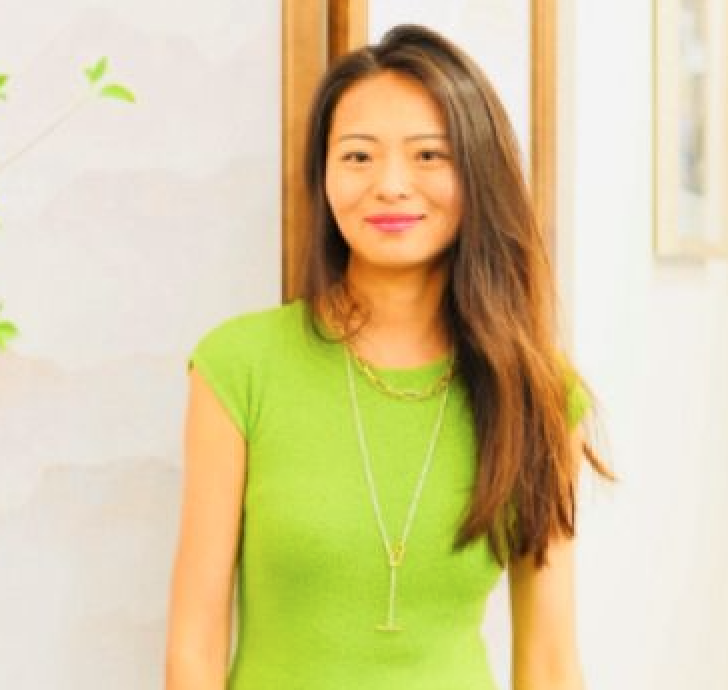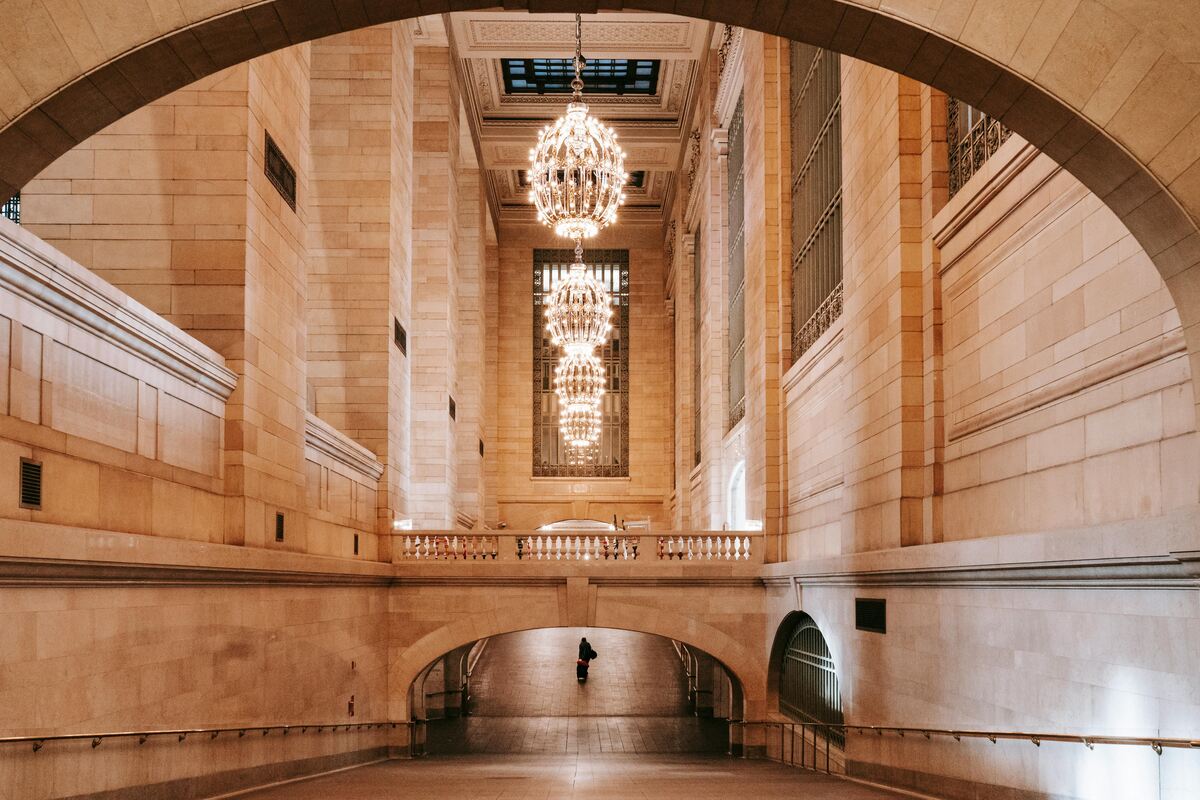There are three days each week, between 12 and 1 PM, when I take walks near Civic Center Plaza.
Every time, I see someone wearing white outside of City Hall—the flowers, the romance, the forever. And the words that feel like a spell:
I do.
Their eyes are wet with the kind of tears people cry when they’re lucky enough to witness the start of something sacred.
The vows are so vulnerable.
They’re stepping into a soft pink version of forever.
(Sometimes I just tear up watching these beloved strangers.)
And just 30 minutes earlier, and just 0.3 miles away, in a confidential room that smells like heartbreak, someone sits across from me asking how to collect evidence of their spouse’s double life—so they can “win the battle.”
There are screenshots, secret bank accounts, custody details…
There’s betrayal so deep that it almost has run its own course.
There’s grief that sounds like anger, layered with eight years of blood-bonded companionship.
Are they winning any battles?
Or are they, without question, both losing the war?
And how have they ended up here?
And another story-
A middle-aged man cries into his palms,
mourning the woman who took everything—his money, his children, his pride as a man…
I hand him tissues and give him space to sit with the pain. Then he looks up, and I see some slightly misplaced anger toward me.
Do I remind him of his Asian wife? Or is it simply too humiliating for a man to unravel himself like this—naked, in front of a stranger like me?
As I walk near City Hall, I often can’t help but wonder:
If half of all love stories end in hatred, why do we still step into this civic contract called marriage, in white dresses, believing we will be the exception?
How much do we really know about the person we sleep next to?
What quiet demons live under their skin—and under ours?
What are we truly saying when we say I do?
I do… what, exactly?
Trust? Forgive? Pretend? Forget?
Or maybe, most likely, we’re confused—
But performing anyway, under social and cultural pressure, and the bio-clock.
Performing our Adulthood.
Sometimes I imagine there is an AI god—
pressing a single button that floods the world with every truth we’ve tried to bury.
Every single secret, suddenly exposed in the sunlight.
No more sugarcoating. No more filters. No more masks.
And suddenly:
The insecure little boy I still carry inside is standing in public, naked.
So is the part of us that sometimes dreams of disappearing, just walking out of our lives and never returning.
So is the ache she still holds for someone from ten years ago, someone her current partner will never know about.
So is the shame he carries for a secret baby overseas.
Or the body she hides because her mother told her she was an ugly daughter.
And the mask we wear so well, we've forgotten it isn’t our skin.
And the tiny self-sabotaging part of us that feels so embarrassed when someone loves us unconditionally and accepts us fully, that inevitably, we somehow do everything in our power and push others away. Because when love feels so unfamiliar, it almost feels threatening.
Not to mention that sometimes life just happens - no one does anything wrong, nothing is ever malicious, all of us are trying our very best- still, things are changing, and we are evolving.
I love my work.
It gives me the beautiful and the brutal truth of life— the unfiltered, uncurated version, where life can be a total bitch. A glorious bitch.
“I love her. Always will, even though it doesn’t make sense anymore.”
This is from my favorite film, Marriage Story—Charlie’s monologue during the fight scene. One of the rawest, most honest depictions of heartbreak I’ve ever seen.
Quiet. Real. Charlie.
And still, here we are—willing to risk everything, for that rare, costly grace:
we are no exceptions,
and i do anyway.

